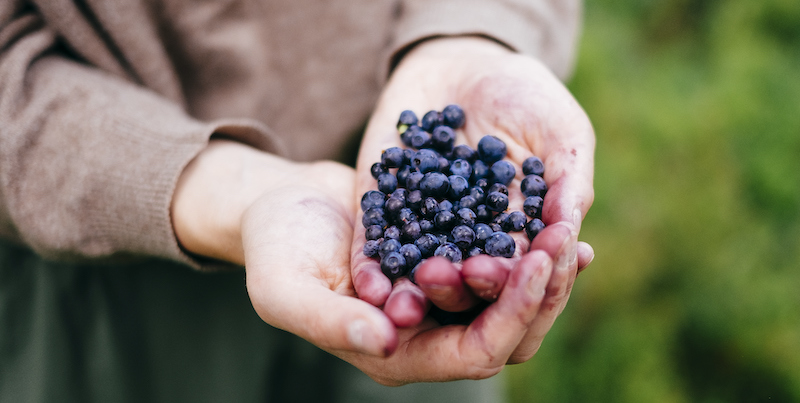by Melissa Chichester
Just as your eye color is unique to you, your approach to health and wellness is the same. However, one thing we all have in common is that it’s essential to take care of all aspects of health, including our eyes.
The human eye has 2 million working parts with 1 million nerve fibers in each eye. And the average person uses these parts to blink 15 times a minute and complete other important tasks, such as receiving and processing visual information. The eyes are considered less complex than just one other part of the body – the brain. And with how much we rely on our eyes, it’s essential to take care of them.
The National Eye Institute recommends the following to start taking care of your eyes:
Another way to support eye health is with nourishing foods. Eating a healthy diet will help ensure you are getting adequate nutrients to support your eyes. Important nutrients include Vitamin A and its precursors like beta-carotene, as well as carotenoids lutein and zeaxanthin.
Vitamin A is found in liver and fish liver oils, egg yolks, and whole milk.
Beta-carotene is found in many different plant foods such as carrots, sweet potatoes, and leafy green vegetables. Leafy green vegetables are also a source of lutein. Zeaxanthin can be found in foods like orange peppers, corn, mangoes, and dark leafy green vegetables.

Dietary supplements are another way to ensure you are getting enough nourishing nutrients every day.*
Bilberry is a perennial related to blueberries and cranberries. Its name comes from the Danish for “dark berry.” Bilberries have been used in baked goods, jams, jellies, and pies for centuries.
In Europe, bilberry’s use in eye health was established during World War II.
British Royal Airforce pilots ate bilberry jam before flying in the dark as a traditional way to support eye health.*
Although bilberries are available to buy fresh, dried, or frozen, it can be difficult to rely on eating enough bilberry fruits daily for their eye health benefits.*
>>Shop all bilberry supplements
Lutein is a type of plant pigment called a carotenoid. Carotenoids give many fruits and vegetables their bright red, orange, and yellow colors. Carotenoids play vital roles in the growth of many different plants. In a healthy diet, they also provide benefits to people.*
Lutein cannot be produced in the body but is stored in the eyes in the macula. The macula is the area of the retina with a high concentration of specialized photoreceptor cells. Because so much light enters the eye, the retina is an area of high oxidative stress.
Lutein helps filter out high-energy blue light from the sun and artificial light before it reaches photoreceptor cells.*
Zeaxanthin is lutein’s sidekick. In the eye, it is located in the very center of the macula, which is the area most responsible for sharp, central vision. Zeaxanthin may provide additional benefits to lutein supplements for eye health.*
Lutein and zeaxanthin both nutritionally support eye health and support healthy vision.*
Dietary sources of zeaxanthin include many orange-colored foods, such as mangos, orange juice, corn, and orange peppers.
>>Shop all zeaxanthin supplements
What gives salmon its pink color? It’s astaxanthin – a red carotenoid pigment that gives red algae, salmon, and other pink fish, crustaceans, and shellfish their reddish-pink tones. Astaxanthin is also what makes flamingos pink, as they receive this pigment when they eat these foods.
On the other hand, astaxanthin also has eye benefits.* It is a potent antioxidant that not only supports eye health but also skin health.*
>>Shop all eye health supplements
If you were ever told to eat carrots because they were good for your eyesight, there’s some truth to this old saying. Carrots are a source of Vitamin A, which is essential for good vision.*
Vitamin A is an essential component of the process in the visual cycle involved in color vision and low-light vision.* Because of this, Vitamin A is important for maintaining healthy vision and nutritionally supports eye health.*
Vitamin A can be found in both plant- and animal-based foods, including:
Vitamin A precursors such as beta-carotene must be converted to bioactive forms of Vitamin A in the body.
Most Americans do not get enough Vitamin A from food alone. Dietary supplements are a simple tool for filling in nutritional gaps and to help maintain the health of your eyes.* Vitamin A also supports healthy skin.*
These supportive eye health nutrients can be consumed through a healthy diet and supplements.* Ask your doctor and ophthalmologist about how you can take care of your eyes and get more of these important nutrients.